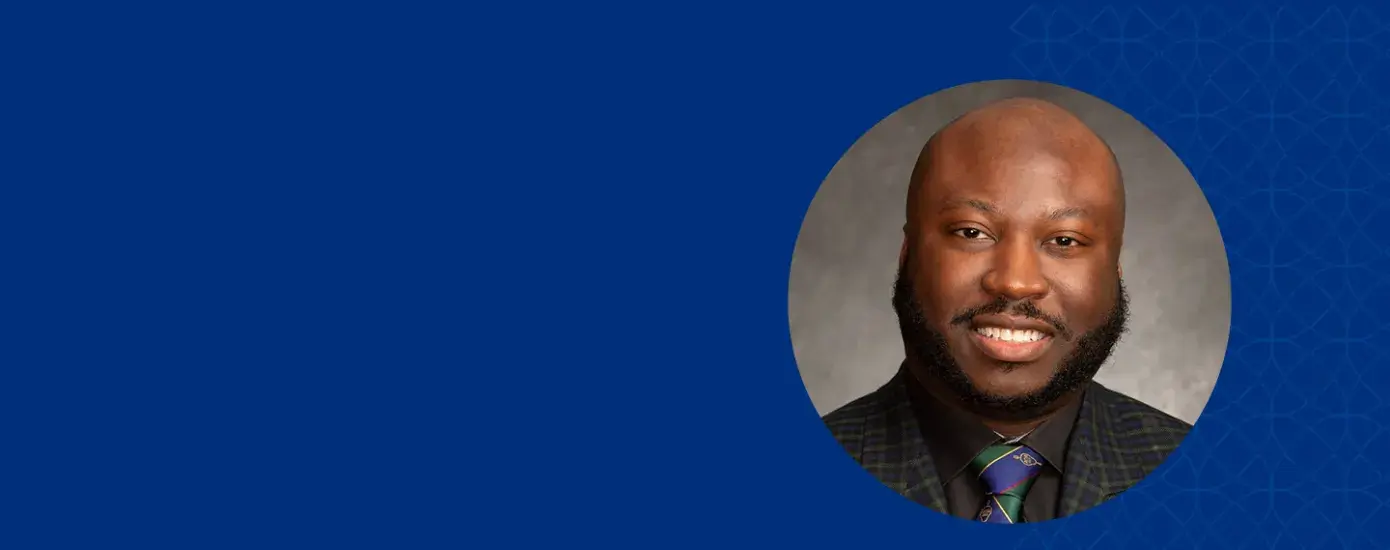
Q&A with Clauden Louis, MHA ’24, MD
What interested you about the Institute’s Masters in Health Administration program?
As a cardiothoracic surgeon who was seeking formal training in leadership with a specific focus on healthcare administration, this program fulfilled all my needs. I was immediately impressed by the strong affiliation and foundational roots with Massachusetts General Hospital (MGH). As a Mass General Brigham employee at the time, the benefits of this learning experience at the IHP were too great an opportunity to pass up.
What have been your most valuable takeaways?
One of the skills I gained involves principles and strategies of population health management. The course on this provided a deep dive and an analytical perspective of health disparities as well as evidence-based interventions from an institutional perspective. With an additional background in public health, I was quite pleased with the correlations and parallel learning. The Interprofessional Leadership Development course led by program director Dr. LaToya Trowers-Bell involved multidisciplinary healthcare administration presentations by leaders of Boston-area hospitals, providing a real-world experience on specific topics and in open-question forums.
What was one “aha” moment you had in the program?
Learning from various professors that being a leader is not an impossible task. A negotiation lecture by Dr. Ali Raja, the executive vice chair of the Department of Emergency Medicine at MGH and a professor at Harvard Medical School, revealed to me how I may be successful as a physician within an institution and subsequently as a leader. In dialogue with him, it became abundantly clear the great utility that physician employees provide for institutions and can leverage to lead, with the guidance and counsel of the board and stakeholders.
How has the MHA program altered your view of health administration?
It’s given me a foundation to build from to create pathways of success within a healthcare organization. I now operate from a perspective of opportunity, as opposed to a more pessimistic frame of reference. By having an affiliation with successful institutions and top institutional leaders, and with the contextual framework provided by the IHP, I believe it is not difficult to become a healthcare and servant leader.
How has it influenced your career trajectory and professional growth?
This program has jumpstarted my career trajectory. Between the relationships I have built among co-students and the teachings of various professors, it has given me substantial professional growth opportunities. As an inaugural student, it has been a seamless transition, and with the leadership of Dr. Trowers-Bell, I believe this program will continue to change the trajectories of many future students.
What advice would you give an IHP alum who is considering returning to the IHP for this degree?
This degree program is adult education. The professors have created a course plan that works. Where feasible, the work is asynchronous and intermittently synchronous lectures that are readily available by recording. Individuals who attend this program benefit from the diverse lecture exposure and excellent experience of many leaders.
